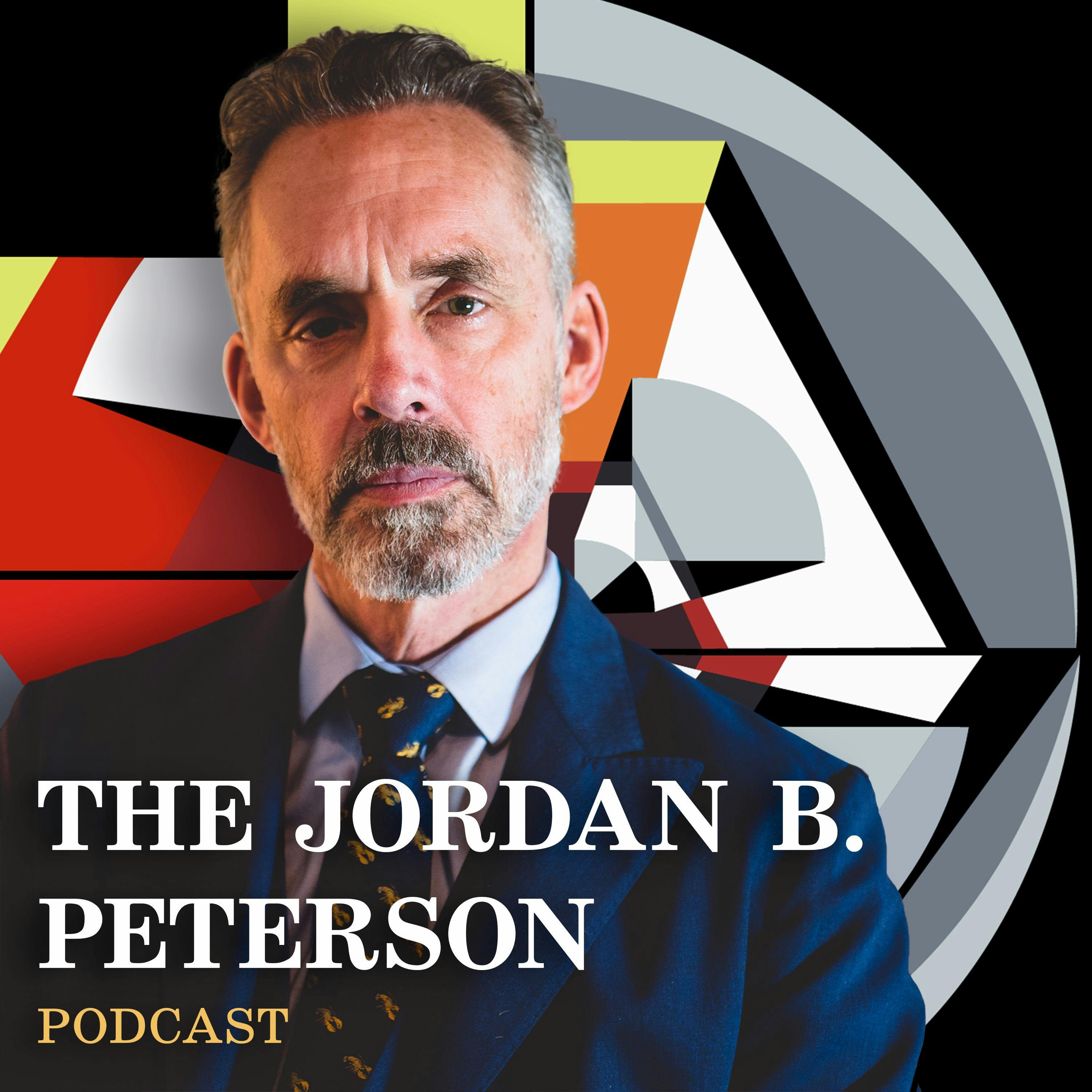#readwise
# Enlightenment and the Righteous Mind | Steven Pinker & Jonathan Haidt

## Metadata
- Author: [[The Jordan B. Peterson Podcast]], [[Jonathan Haidt]]
- Full Title: Enlightenment and the Righteous Mind | Steven Pinker & Jonathan Haidt
- URL: https://www.airr.io/episode/6179bab3a2785100109c7db9
## Highlights
I tend to kind of squirm out of the optimist pigeonhole because I'm not arguing for looking on the bright side, seeing the glasses half full, but rather just basing your understanding of the world on data rather than journalism. **==The problem with journalism being that it is a highly non-random sample of the worst things that have happened in any given period.== It is an availability machine in the sense of Amos Tversky and Daniel Kahneman's availability heuristic, namely our sense of risk and danger and prevalence is driven by anecdotes and images and narratives that are available in memory.** Whereas the, since **==a lot of good things are either things that don't happen like a country at peace or a city that has not been attacked by terrorists==, which almost by definition are not news, or things that build up incrementally a few percentage points a year, and then compound like the decline of extreme poverty**. We can be unaware. We could be out to lunch about what's happening in the world. If we base our view on the news, if **instead we base our view on data, then not only do we see that many, although not all things have gotten better, not linearly, not, not without setbacks and reversals, but in general, a lot better.** And it also paradoxically cause as I also cheekily put it progressives hate progress, but the best possible case for progress that is for striving for war progress and the future for being a true progressive is again, not to have some kind of foolish hope, but to look at the fact that progress has taken place in the past, then that means why should it stop? Now we know that it's possible. ([Time 0:09:26](https://www.airr.io/quote/617e7b67c1c2d52716b1c79c))
- Note: This is either Pinker or Haidt. He's referring to [[Thinking, Fast and Slow by Daniel Kahneman]]
---
**Utopia is a deeply dangerous concept because people imagine a world without any problems. And since people disagree with each other, that means that in order to have complete harmony and, and agreement, you've got to get rid of all those nuisances, those people who are not on board with your plans for utopia**, which is of course why it's been the utopians that have been the most genocidal regimes in history. ([Time 0:12:03](https://www.airr.io/quote/617ffdb9c1c2d52716ef5413))
---
If you think about the river of inputs coming into people's eyes and ears, **when we were all growing up, ==we watched way too much television, but television was made by older people==. It was made by people who were not children.** And so from watching Bugs Bunny, you're at least exposed to opera, and you're exposed to certain cultural themes and, even have a sense of the 1940s, let's say. **But once everyone got onto social media all the time, so much of it was created in the last week or two by people your age.** And so there's just not much room for kids to learn anything about the 20th century, or communism or Nazism or great literature. **So much input is jammed up with trivia ephemera. And to the extent that there's political content, it's not broadening your mind, it's turning you into the kind of factional list that the founding fathers feared**. ^f8u1ne
So that's my most pessimistic take that. Yes, Steve, Steve is right. We had incredible progress up until 2009, but in the world after 2012, I think that the institutions of liberal democracy are in such danger, that it's quite possible that the future will not be like the past. I don't know what's going to happen, but I now see that as a possibility that I didn't see five years ago. I think that a secular liberal democracy is a miraculous thing, but a fragile thing. And we briefly thought in the 1990s with the fall of the Berlin wall, that this was the end of history, liberal democracy had won eventually North Korea or Iran. Well, everybody's going to be liberal democracy once, just once they get a little richer, they'll want that. But now **it's clear that the founders were right, that a diverse democracy, a democracy per se, is very difficult, very fragile. And as Madison said, as violent in their deaths, as they are short-lived in their lives.**
**And so in the 20th century we had all kinds of centripetal pressures, including world war two, binding us together. We had briefly a centripetal media system where we all got the same news. So there, we had the high point of professional journalism. It wasn't that way before the 1920s. And it isn't that way after 2012. So there was this period where the institutions grounded us to truth, or rather gave us a process by which we could make progress towards truth and weed out terrible ideas. It turns out was just a temporary thing. And I see it fading away.** ^lx419p
([Time 0:48:30](https://www.airr.io/quote/617e826cc1c2d52716b729f6))
- **Note: "And to the extent that there's political content, it's not broadening your mind. It's turning you into the kind of factional list that the founding fathers feared", is this what [[John Stuart Mill]] was afraid of? That democracy would lead to conformism?**